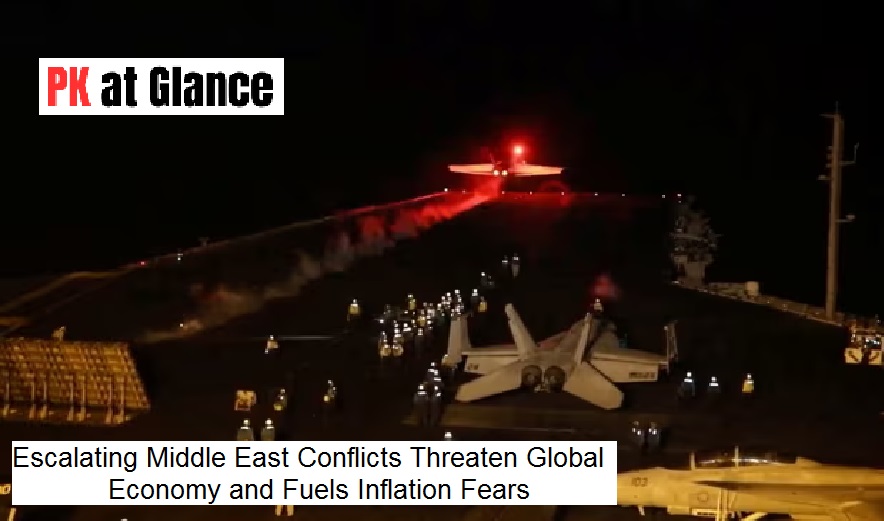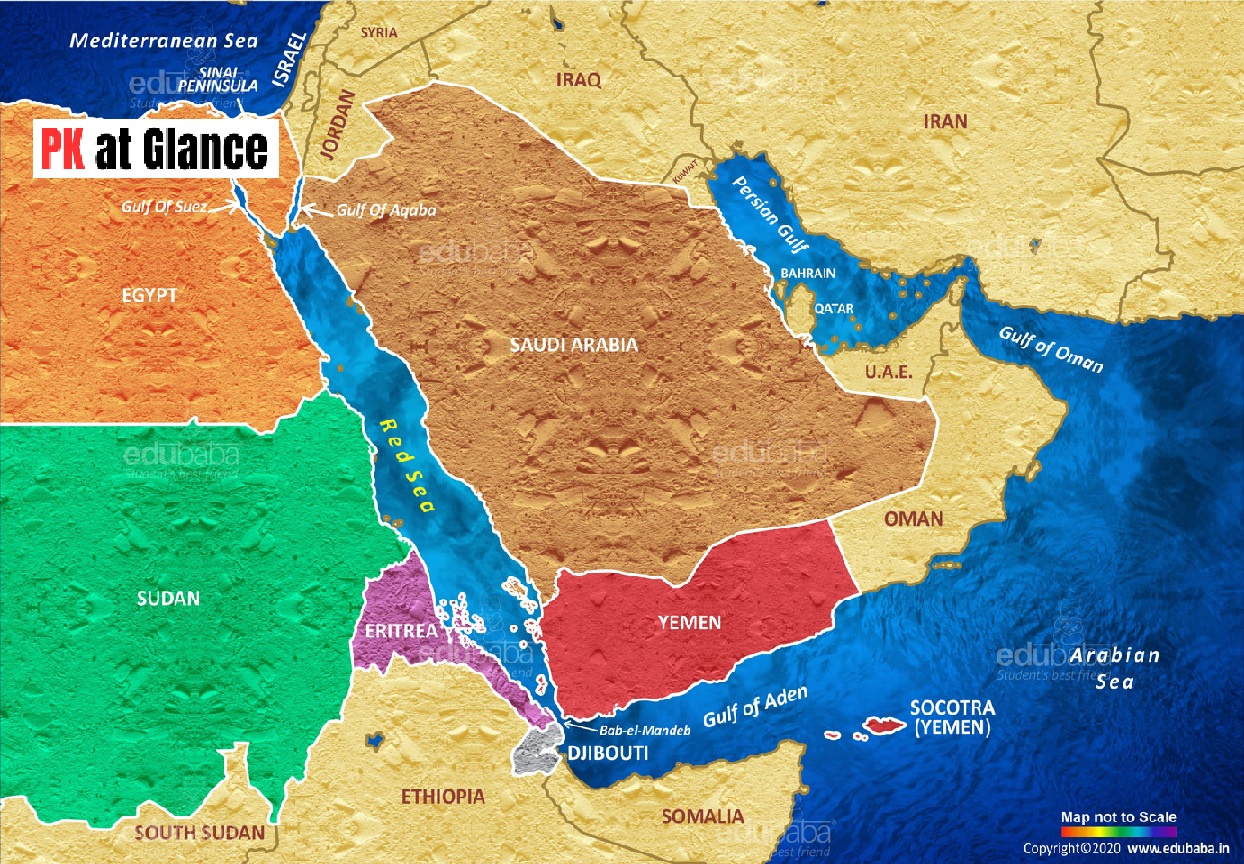 |
| Image Source: The Guardian |
The Leading economists from across the world has expressed
concerns over the long-lasting conflict in the Red Sea as well as the
escalating tensions in the Middle East. They have warned of potentially
devastating effects on the global economy.
The World Bank has also emphasized the danger of higher
interest rates, lower growth, persistent inflation, and increased geopolitical
uncertainty.
About the Military Actions in Yemen and their Geopolitical Impact:
According to The Guardian, United Kingdom and United States’
airstrikes on Houthi sites in Yemen have raised serious concerns about
potential disruptions to the global economy.
Similarly, President Joe Biden have indicated confidence in
the preparedness, but he provided limited details.
The Middle East crisis including Israel-Palestine War and the
war in Ukraine, poses dangers such as surging energy prices, financial stress,
and climate change-related disasters.
Political Backlash and Election Concerns in US and UK:
The Observer’s report further indicates that in London and
Washington, several concerns were observed that the events in the Middle East could
impact economic recovery. Most importantly, it could also influence re-election
prospects for British Prime Minister Rishi Sunak and US President Joe Biden.
Political figures face questions from MPs about a prolonged
conflict and plans for Middle East peace. Progressive politicians in both the
UK and the US voice opposition to military actions.
Economic Impacts and Global Economic Prospects:
According to the Guardian, the World Bank's latest report outlines potential consequences, such as:
- Surging Energy Prices,
- Disruptions to Shipping Routes,
- Inflationary Bottlenecks, and
- Geopolitical and Economic Uncertainty.
Furthermore, attacks on several commercial vessels in the Red
Sea area have already affected key shipping routes, eroded supply networks, and
increased the likelihood of inflation.
Expert Opinions on Economic Disruptions:
Some Economists, including former Chief Economist of OECD John
Llewellyn have expressed serious concerns about disruptions to the world trade
that has estimated about 30% probability of severe disruptions which is up from
10% a week ago.
According to him, the widening scope of the conflict have raised
fears of escalating tensions at the broader level of Middle East.
Fiscal Policy Risks and Limited Maneuverability:
The Guardian also quoted the Institute for Fiscal Studies
which has highlighted the risks of using limited fiscal headroom for tax cuts
while emphasizing the importance of fiscal flexibility in the face of
unforeseen shocks.
Another Economist Ben Zaranko has warned against overspending
and leaving no room for maneuverability in case of economic downturns. The
Guardian reported.
 |
| Red Sea Map Image Source: Google |
Growing Conflict in the Middle East:
Along the inflammatory strikes of Israel in Gaza, the conflict
in Red Sea has expanded as British and US strikes target Houthi sites in Yemen.
This was being done upon the retaliation against attacks on vessels in the Red
Sea.
The ongoing conflict in the Sea where Houthis are targeting the
vessels and firing missiles at Israel raises, retaliated by US and UK through airstrikes
put forward serious concerns about regional escalation and stability in Yemen.
Trade Disruptions and Rising Costs:
According to an estimate, attacks on the shipping routes which
are leading to disruptions in the global trade, the container costs have
increased from $1,500 to $4,000 within a month.
Similarly, the alternative shipping routes result in
additional costs. This is now potentially impacting global trade.
Economic Worries and Possible Recession:
According to the Guardian, Economists who came at the World
Economic Forum have expressed growing worries about the possibility of a global
recession in the ongoing year.
These concerns include the reluctance of central banks to
make substantial cuts to borrowing costs which is potentially exacerbating the cost-of-living
crisis for households.
Liam Byrne, who is the chair of the Commons business and
trade select committee was quoted by the Guardian as saying, “There’s now a
real risk that a Red Sea battle will push up prices, just as inflation was
beginning to fall. The World Bank is already warning that global supply chains
are once more in peril … not least because this new struggle in Suez comes as
drought is cutting trade through the Panama canal. Two of the world’s five keys
to trade are now in real jeopardy.”
Keywords:
Middle East conflict
Red Sea Conflict
Global economy
Inflation fears
UK and US airstrikes
Yemen crisis
Geopolitical uncertainty
World Bank report
Political backlash
Economic impacts
Fiscal policy risks
Trade disruptions
Global recession concerns

Post a Comment